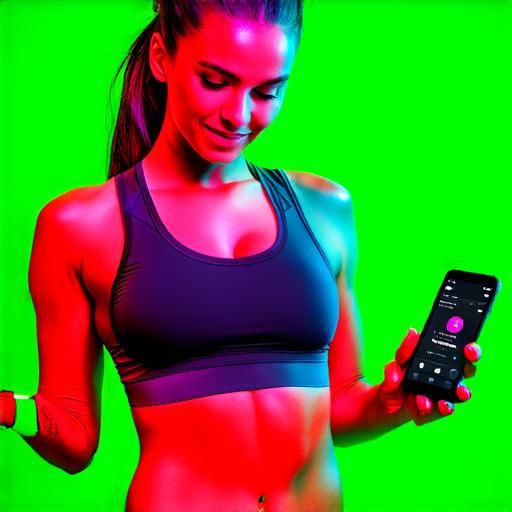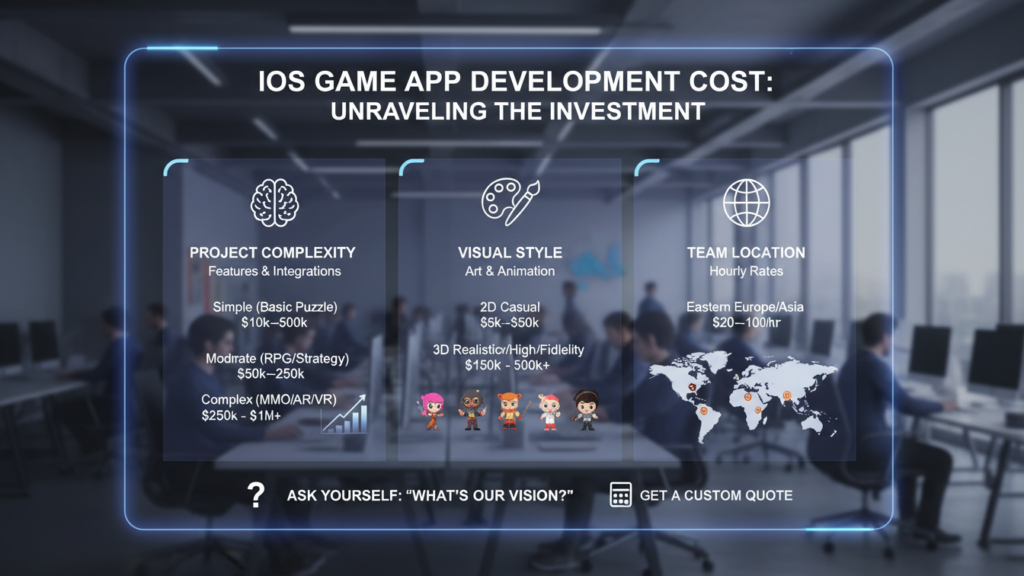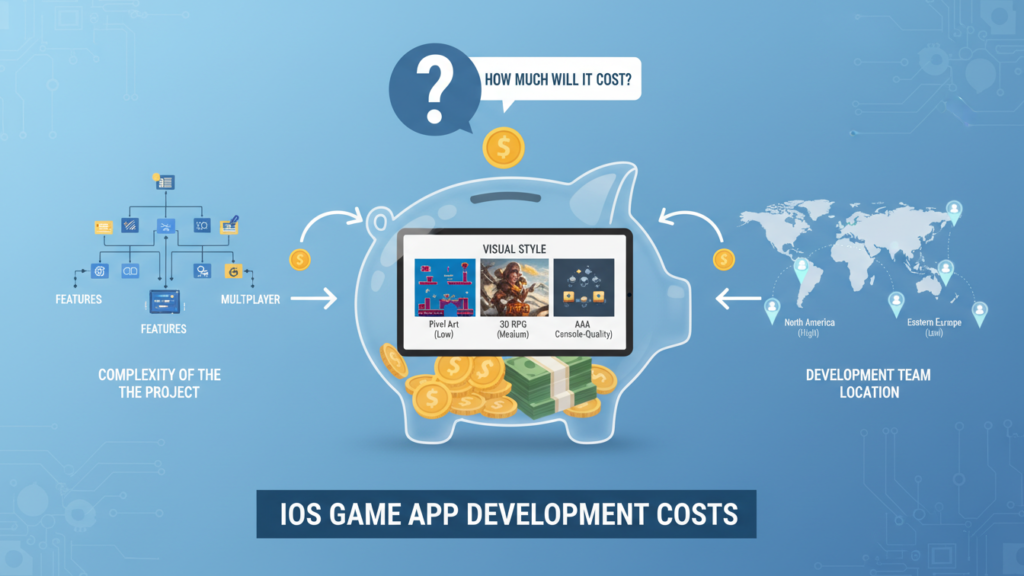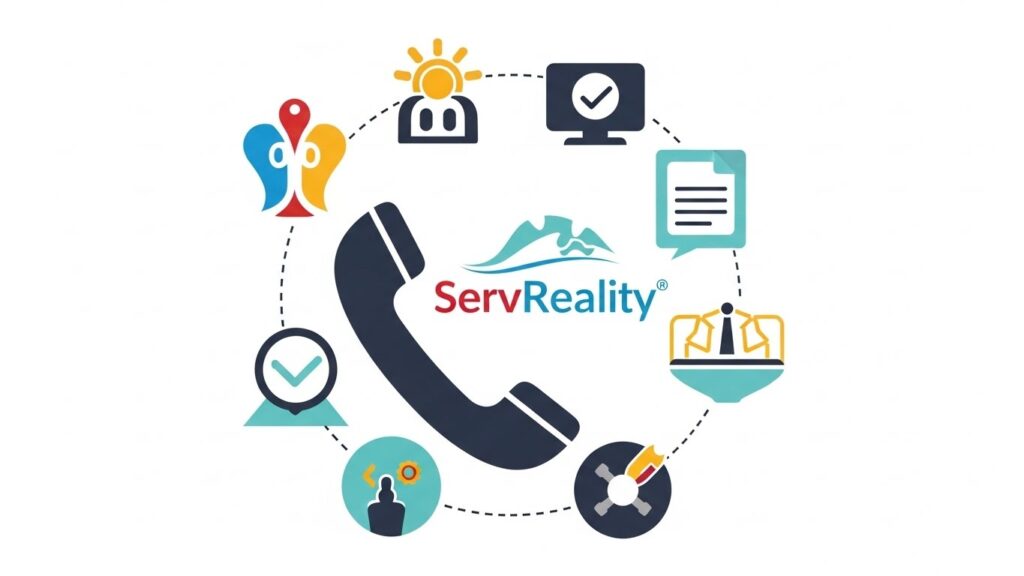Personalization: The Key to User Engagement
One of the most important factors that can enhance user engagement is personalization. Users are more likely to stay engaged with an app if it is tailored to their specific needs and preferences. This can be achieved by using data analytics and machine learning algorithms to analyze user behavior, identify patterns, and make personalized recommendations.
For example, a fitness app that uses wearable devices to track a user’s heart rate and calories burned can use this data to create personalized workouts based on their fitness level and goals. Similarly, an app that tracks users’ nutrition can recommend healthy meals based on their dietary preferences and restrictions.
Social Features: The Power of Community
Another effective way to enhance user engagement is by incorporating social features into the app. Social features allow users to connect with others who share similar fitness goals and track their progress together. This creates a sense of community and support, which can help keep users motivated and on track.
Examples of social features in fitness apps include leaderboards, challenges, and discussion forums. Users can compete against each other on leaderboards, participate in group challenges to stay accountable, and connect with others in discussion forums to share tips and advice.
Gamification: The Fun Way to Stay Motivated
Gamification is the process of incorporating game-like elements into non-game contexts to make them more engaging and enjoyable. In fitness apps, gamification can be used to motivate users and keep them engaged with the app over time.
Examples of gamification in fitness apps include badges, rewards, and leveling up systems. Users can earn badges for completing workouts or achieving milestones, which can be shared on social media or displayed in their profile. Rewards can be offered for reaching certain goals or milestones, such as a gift card to a fitness-related store. Finally, leveling up systems can help users feel a sense of progress and achievement, which can be a powerful motivator.
Analytics: The Key to Improvement
Finally, analytics are an essential tool for enhancing user engagement and functionality in fitness apps. Analytics allow developers to track user behavior, identify patterns, and make data-driven decisions about how to improve the app over time.
Examples of analytics in fitness apps include user retention rates, workout frequency, and nutrition tracking compliance. By analyzing this data, developers can identify areas where users are dropping off or not achieving their goals, and make changes to the app to address these issues.
Integrating Wearable Devices: The Future of Fitness Apps
As wearable devices become more popular, it is important for fitness app developers to integrate them into their apps to provide a seamless experience for users. Integration with wearable devices can allow users to track their progress more accurately and in real-time, which can help keep them motivated and on track.
For example, a fitness app that integrates with a smartwatch can track a user’s heart rate, calories burned, and steps taken throughout the day, providing them with real-time feedback on their progress. This data can be used to make personalized recommendations for workouts or nutrition plans, as well as to provide motivation and accountability.
Real-Time Feedback: The Power of Immediate Support
Another important consideration for fitness app developers is providing real-time feedback to users. Real-time feedback can help users stay on track by providing immediate support and guidance when needed.
For example, a fitness app that provides real-time feedback on form during a workout can help users avoid injuries and improve their performance. Similarly, an app that provides real-time feedback on nutrition can help users make healthier choices and reach their goals more quickly.

Incorporating Expert Advice: The Authority of the Professionals
Finally, incorporating expert advice into fitness apps can provide users with the guidance and support they need to achieve their goals. Expert advice can come from certified trainers, nutritionists, or other health professionals who have specialized knowledge in their field.
For example, a fitness app that provides personalized workout plans created by certified trainers can help users achieve their fitness goals more effectively. Similarly, an app that provides expert advice on nutrition can help users make healthy choices and reach their weight loss goals more quickly.
Summary
Developing a successful fitness app requires more than just creating an attractive interface. To attract and retain users, fitness app developers need to focus on enhancing user engagement and functionality. Personalization, social features, gamification, analytics, integration with wearable devices, real-time feedback, and expert advice are all key considerations that can help achieve these goals. By focusing on these factors, fitness app developers can create apps that not only help users achieve their fitness goals but also provide them with a fun, engaging, and personalized experience.



